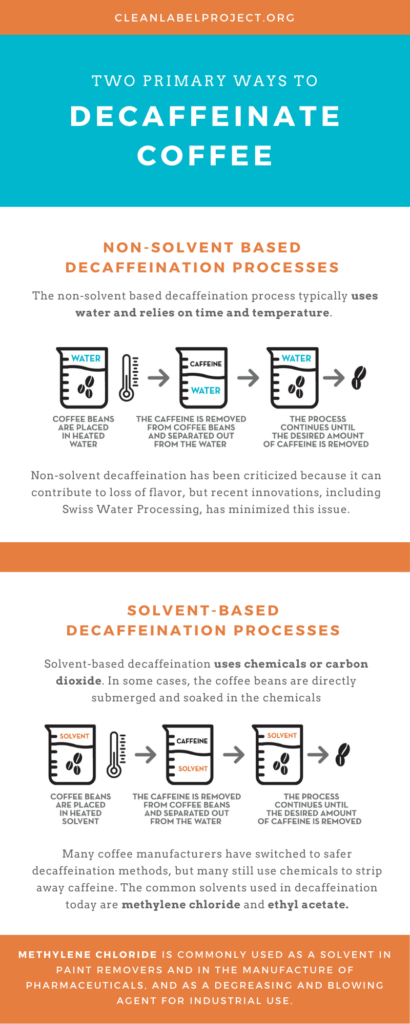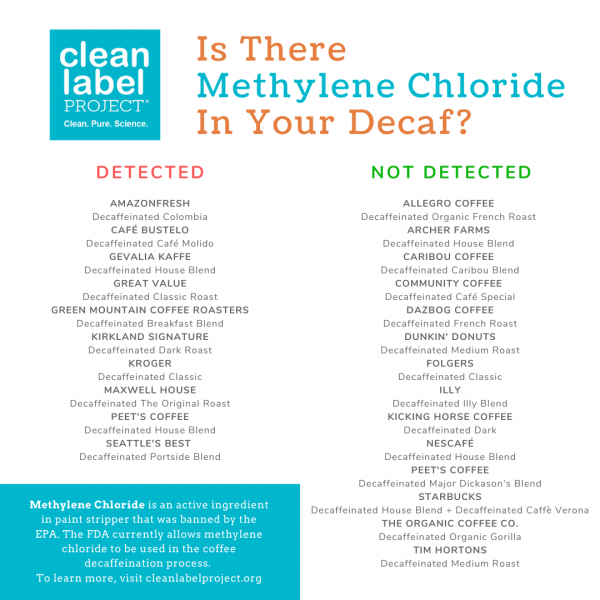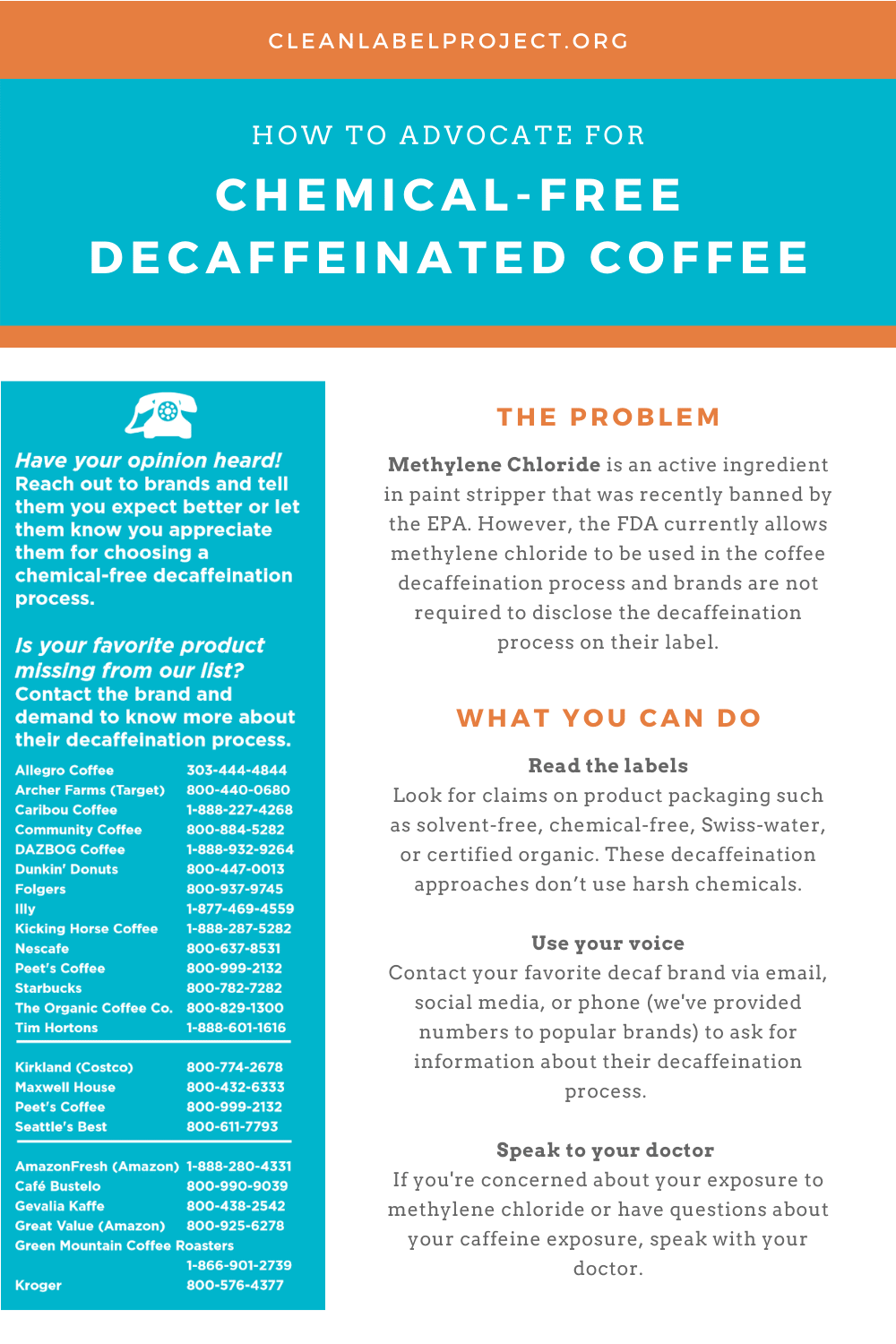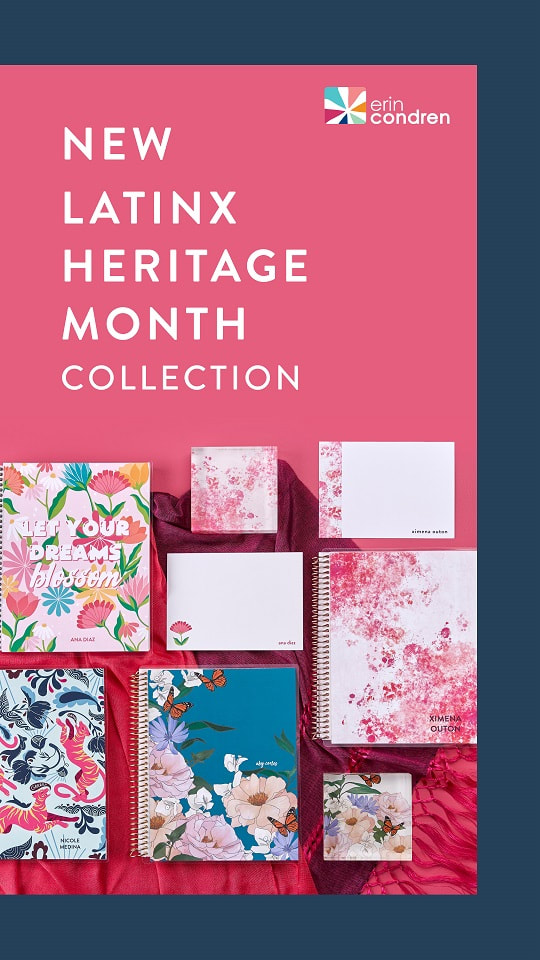|
This post is sponsored by Clean Label Project. All opinions are my own.
As a Colombian I love coffee and I used to drink several cups a day. One day after I got some digestive issues my doctor recommended to switch to decaffeinated coffee. I also noticed that my afternoon cup of coffee was keeping me awake at night, so it made sense to switch to decaf.
I never really worried about any chemicals in my coffee but one day I was reading an article that mentioned that some brands of decaf coffee were better than others for health reasons. Then I found a Clean Label Project study that showed me which brands I should be using, and it clicked to me that a lot of us need to learn more about decaf coffee to make informed decisions. If you are thinking about starting to drink decaf coffee to live that caffeine-free lifestyle, you may want need to learn more about decaf coffee and how to stay away from brands that could lead to health issues rather than health benefits. How do they make decaffeinated coffee
As you can see in the graphic above there are two methods for decaffeinating coffee. Chemistry is complicated, so I will make it simple for you to understand, there is a water based process and a chemical based process.
The water-based decaffeination process involves heating the beans in hot water until the caffeine is separated out from it. The other way uses a chemical solvent, (Methylene Chloride), to decaffeinate coffee beans. Well, did you know that Methylene Chloride is also an active ingredient in paint removers that was recently banned in 2019 by the Environmental Protection Agency (EPA) because it was linked to harmful chemical to cancers, cognitive impairment, asphyxiation, and liver, kidney and reproductive toxicity. The FDA currently allows methylene chloride to be used in the coffee decaffeination process and brands are not required to disclose which decaffeination process they use on their labels. Which brands are good and which brands are not?
Clean Label Project has done the research for us and they investigated 25 brands to let us know which one uses methylene chlorid. They tested 25 popular brands and discovered that 10 brands were not safe. Here it is a list of which brands are ok to drink and which are not.
What is being done about the issue?
Clean Label Project is doing its part to make sure that these very harmful ingredients are being displayed on the label of the foods. They have:
1. Clean Label Project’s mission is to raise awareness about the presence of potentially dangerous environmental contaminants and toxins in everyday consumer products. 2. Clean Label Project believes that a serious conversation needs to be had with brands and regulatory bodies on the presence of these contaminants in consumer products. 3. Clean Label Project recently released findings on methylene chloride (the active ingredient in paint strippers), which is found in popular decaffeinated coffee. The presence of methylene chloride in decaf coffee is particularly alarming given that people who are looking to reduce caffeine intake (e.g., pregnant women, the elderly, people with heart disease) opt for decaf coffee. 4. Clean Label Project has filed lawsuits against four national brands for false and misleading advertising and labeling. These brands claim that their decaffeinated coffee products are "pure and natural." In contrast, Clean Label Project's study showed that methylene chloride was detected in the decaffeinated coffee products of these brands. What can YOU do about this issue
Off course the first step is to be informed, so if you are still reading this, you made the first part. I would also suggest doing the following
1. Read the labels 2. Contact your specific brand and ask them to stop using toxins 3. Talk to your doctor to see what they recommend
If you are interested in learning more about the Clean Label Project you can also get involved and take action
6 Comments
Alexandra Flores
9/2/2020 12:46:38 pm
My father in law drinks decaf, I need to check to make sure his brand is good. Thank you for sharing
Reply
Diana
9/3/2020 11:26:04 am
I didn't know, so much information, thank you for sharing
Reply
Tatiana Millan
9/3/2020 12:12:07 pm
I just found out I am pregnant, so I need to stop the caffeine, this is very good topic to help me pick up a brand that is healthy
Reply
Dolinda Carbajal
9/15/2020 08:11:51 am
This is very informative, we drink decaff coffee at home, so good to know what are the safe brands we can drink
Reply
3/15/2024 08:25:22 am
This information is quite enlightening; we consume decaffeinated coffee at home, so it's beneficial to learn about the trustworthy brands we can enjoy.
Reply
5/8/2024 12:07:31 am
This article sheds light on an important issue that many coffee lovers may not be aware of: the safety of decaf coffee. By providing valuable information about the two methods of decaffeination and the potential health risks associated with certain chemicals, such as methylene chloride, the author empowers readers to make informed choices about their coffee consumption. Moreover, the advocacy efforts of Clean Label Project to raise awareness and hold brands accountable for their labeling practices are commendable. This article not only educates but also inspires action, encouraging readers to read labels, reach out to brands, and prioritize their health.
Reply
Leave a Reply. |
Categories
All
Archives
May 2023
|










 RSS Feed
RSS Feed

